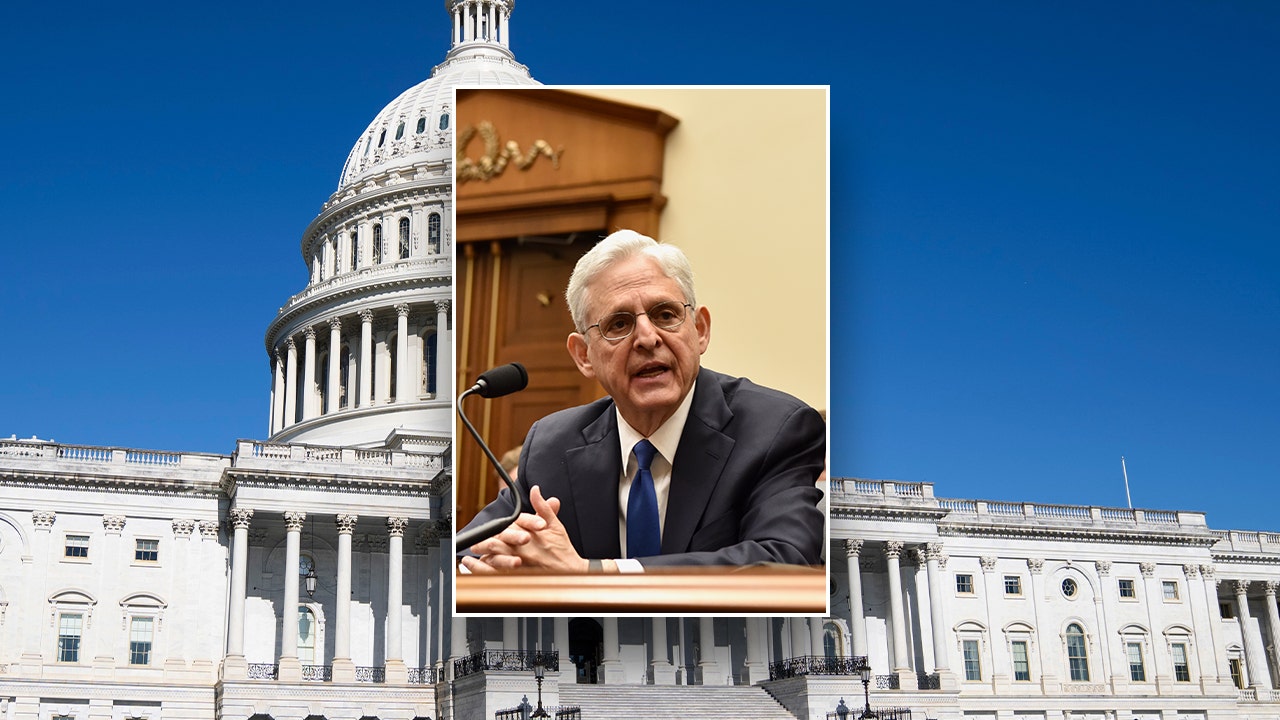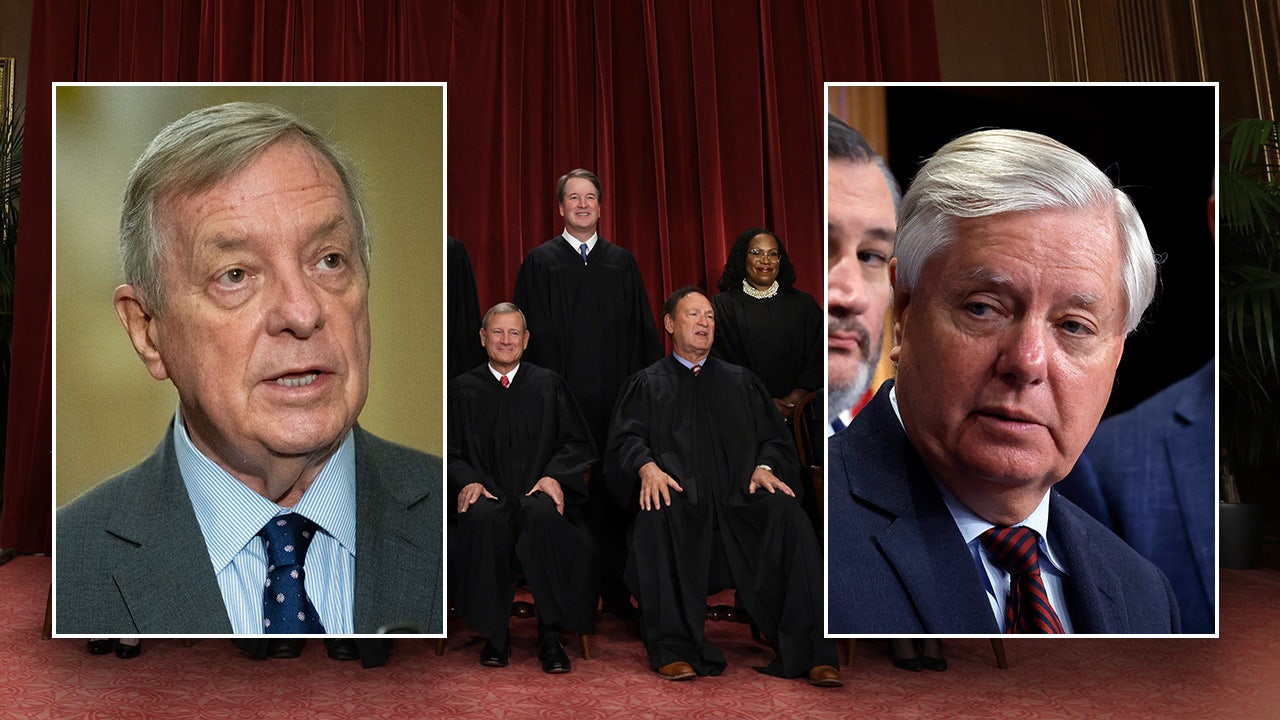Arizona
Arizona State Board of Education approves more school resource officers

PHOENIX – More school resource officers are coming to campus statewide as the Arizona Department of Education announced Monday that state superintendent Tom Horne’s recommendations have been approved.
The Arizona State Board of Education approved the funding and a total of 301 campuses will be provided with school resource officers, an increase from 190.
Nearly $100 million in funding comes from a combination of federal and state grants. The state portion requires armed officers to be given top priority. The DOE will provide required training for resource officers, counselors and social workers.
Training will include instruction on school violence prevention strategies, child and adolescent development and mental health, the roles of counselors and social workers, violence and substance abuse prevention strategies, how to build relationships with students, coordination with mental health providers as well as instruction on documentation and legal issues, a press release stated.
“We had almost $100 million of school safety money to distribute, $30 million from three years ago that needs to be renewed, $50 million from the legislative supplement last year, and another $20 million from the federal government,” Horne said in an interview with KTAR News 92.3 FM. “I made a recommendation to the state board and they approved it.”
Horne said he has been asking for schools to prioritize school resource officers.
“I have urged that schools to prioritize school police officers because if a maniac invades a school and 20 children are killed as has happened in other states it could happen here and the parents find out the school could have had a police officer there to defend the kids and didn’t do it. You could imagine how they’d feel about those decision-makers,” he said in the interview.
All SRO requests were given preference and granted, according to the superintendent. However, Horne said he did respect requests for counselors and social workers. Out of the 292 applications for social workers and counselors, 110 were funded.
“The reason why I wanted to prioritize police officers but the fact that we also respected the wishes of the schools we did grant all school resources officers but we wished the schools asked for more and if they asked for counselors and social workers instead we respected that even though it wasn’t my advice and to the extent the limits of the budget we had we granted those.,” Horne said.
The on-campus positions are funded for three years at a time.
“Legislature would have to repass the bill or put something in the budget for it. Right now legislature funded three years worth and that’s what we recommended to the state board be distributed and how and the state board agreed with me,” he said.
According to the press release, the approval came days after a meeting between the superintendent and Phoenix City Council Member Ann O’Brien, the chairperson of the Public Safety & Justice subcommittee.
“School campuses need to be safe, period. As an elected Phoenix council member and chairperson of the Public Safety & Justice subcommittee, I want to make sure that the public is well-informed about the dangers and potential dangers on school campuses,” O’Brien said in the press release. “While I am requesting information from the Phoenix Police Department about data that will better inform the public and policymakers about incidents on school campuses, I urge my colleagues statewide to ask the same from their law enforcement agencies. Our children, their parents and educators deserve no less.”
KTAR News 92.3 FM’s Taylor Kinnerup contributed to this report.

Arizona
Former Cardinals QB Gets Honest on Retirement Talk

ARIZONA — Former Arizona Cardinals quarterback Colt McCoy hasn’t taken an official snap since the 2022 season.
It might’ve been his last.
That’s not an easy truth to swallow for any football player, let alone a guy such as McCoy – who established himself as a Texas Longhorns legend before playing over ten years in the NFL.
McCoy suffered a neck injury and dealt with concussion symptoms towards the end of the 2022 season in Arizona. Leading into 2023’s training camp, he dealt with elbow issues that ultimately proved to be harsh enough for the Cardinals to cut him ahead of the regular season.
McCoy didn’t sign anywhere following his release from the desert and has been fairly hush on future plans – until recently.
Speaking with local reporters at his annual football camp in Austin, TX, McCoy got honest on his future with the sport.
“I haven’t really talked much about my situation – I never like to give excuses. I’ve been fortunate to play 14 years, I tore my elbow pretty bad and I’m not sure I’m gonna get over that, to be honest,” McCoy said.
“That’s a tough one. But at the same time, injuries are part of the game. I’ve certainly had my fair share and it’s almost kind of like a hard stop. So, we’ll see but [I] had many opportunities to jump back in last year week to week in a lot of places. I physically just wasn’t able to do it.”
“I’m not sure I’m going to get over that … and that’s a tough one.”
An elbow injury might end Colt McCoy’s career in the NFL but don’t worry – football is definitely in his future. #HookEm pic.twitter.com/8TqbrK8oJ4 — Bob Ballou (@BobBallouSports) June 14, 2024
McCoy has done a few guest appearances in the broadcast booth previously, and if he does indeed see the end of the tunnel of his playing career, McCoy says football will be in the mix regardless of what it is.
“I am a footballer for life and I want everybody to play football because I know what it’s done for me. So to have one chapter in and start another one, football will be a part of that somehow. Whether that’s coaching, whether that’s broadcasting, whether that’s talking football, whatever it is, it’s part of who I am,” McCoy said.
“I’m excited about more opportunities to come and what that is in life after this [who knows] but football is amazing.”
Make sure you bookmark All Cardinals for the latest news, analysis, updates and much more!
Arizona
This is not the way to keep University of Arizona spending in check

Opinion: The University of Arizona’s financial crisis points to the need for greater oversight. A bill headed to the governor takes it away.
University of Arizona financial crisis could take 3 years to fix, officials say
Multiple University of Arizona school officials have stepped down amongst the school’s ongoing financial crisis.
The University of Arizona’s recent administrative blunders resulting in a financial crisis suggest a need for more oversight of university governance, but a measure that the Arizona Legislature sent the governor last week would reduce such oversight.
Aside from its strange timing, House Bill 2735 would tie the hands of future university presidents in a way that contradicts good management practice.
The Senate and House passed this Republican bill with party-line votes, even though it undermines traditional Republican goals.
Neither the state Board of Regents nor any of the three universities officially supported the bill (but legislators from both parties claimed it was promoted by individuals connected to the outgoing UA administration).
The governor should veto the legislation, which, given the University of Arizona’s recent history, moves in exactly the wrong direction.
UA’s Faculty Senate provides needed oversight
The central provision of HB 2735 states: “A university president may not delegate the president’s authority to approve academic degrees or organizational units.”
At the University of Arizona, the Faculty Senate is the last step in the approval chain, before a proposed new academic degree or program goes to the Regents for final approval.
The University of Arizona has created scores of new degrees and programs in recent years, sometimes at considerable expense.
The Faculty Senate initiates none of these programs. They come from administration, either central administration or from the 20-odd individual colleges, such as Science, Humanities and Medicine.
This Senate has never, in recent memory, blocked any of the administration’s proposals.
The bill thus eliminates an authority that the Faculty Senate rarely, if ever, exercises. In 2023, for example, the UA administration proposed 28 new degrees and programs. The Senate approved 26 immediately; the remaining two were eventually approved.
The problem is that the bill also ends an important public mechanism for the oversight of a college administration that clearly needs oversight.
People with skin the game should review ideas
The board of a private corporation is accountable to shareholders who have a financial stake in the firm’s performance.
In Arizona, the politically appointed Regents have the challenging task of supervising three large and independently led entities, with no shareholders standing behind them to hold the Regents themselves accountable.
Republicans should recognize that bureaucrats spending billions of other people’s dollars — taxpayer and tuition dollars — need oversight. The UA Faculty Senate, through its public meetings and documents, provides one layer of useful oversight.
Last December, the Faculty Senate held a spirited discussion about, and publicly posted much information about, a proposed “Global MD” degree. After a $14 million startup cost, this program would send students to Australia for medical training, with a special emphasis on Indigenous medical practices.
Board of Regents: Did little to stop UA scandal
Faculty senators asked whether Arizona, and the students themselves, would get a reasonable return on investment. Following this discussion, the Senate approved the program on a split vote, but the Regents have (so far) declined to grant final approval.
In this and similar cases, Faculty Senate oversight is useful.
This bill undercuts UA. Hobbs should veto it
Neither the faculty nor the Legislature wants money wasted on projects that are poorly conceived or weakly managed, on a bloated and self-protecting administrative class, or on priorities that leave behind the Arizona students and families who provide most of the universities’ funding.
Other states recognize the useful role played by faculty governance. In the highly regarded university systems of North Carolina and Texas, for example, faculty governance plays a larger role than at the University of Arizona.
Finally, HB 2735 takes the remarkable step of prohibiting a university president from delegating any of his or her authority on program and degree approvals.
Effective management of any large organization requires sensible delegation of authority. The Legislature should respect a university president’s discretion to implement good and common management practice.
In HB 2735, the Republican majorities have approved a bill that undercuts their own priorities. Gov. Katie Hobbs can do them a favor by vetoing it.
Ethan Orr is a former Republican state lawmaker and teaches at the University of Arizona’s College of Agriculture, Life, and Environmental Sciences. Mark Stegeman is a faculty member of UA’s Eller College of Management and a UA faculty senator. Reach them at eorr@arizona.edu and stegeman@arizona.edu.
Arizona
Arizona forest officials warn of abandoned campfires being found in restricted areas

PHOENIX (AZFamily) — The Arizona Department of Forestry and Fire Management says they’ve come across several abandoned campfires still burning in restricted areas.
Officials said they could have led to a catastrophe if they didn’t find them and put them out.
In total, 10 were in areas already under Stage 1 Fire Restrictions. In addition, all were east of Apache Junction in various areas of state land. Some were just off dirt roads but others were in rural regions.
There were all found with no signs of someone attempting to put them out.
According to forest officials, campfires have caused many wildfires not just in Arizona but across the western part of the country.
Authorities are emphasizing they will be out and about enforcing these restrictions this summer.
“We’ve got prevention patrols going on throughout Arizona. You know, we’re trying to make sure that people are abiding by restrictions, but we’re just asking residents again to be mindful of those restrictions. They won’t last forever. We put them in place to be proactive so we can decrease the amount of starts across the state and for the protection of our firefighters and the public as well,” said Tiffany Davila, an Arizona Department of Forestry and Fire Management spokesperson.
Breaking these restrictions is not just a minor offense. It can lead to hefty fines and potentially jail time.
Last year, a Tucson man was fined a staggering $180,000 for starting a wildfire while target shooting.
State officials say so far that 50,000 acres have burned this year, which is twice the amount than this time last year.
See a spelling or grammatical error in our story? Please click here to report it.
Do you have a photo or video of a breaking news story? Send it to us here with a brief description.
Copyright 2024 KTVK/KPHO. All rights reserved.
-

 Politics1 week ago
Politics1 week agoPresident Biden had front row seat to dog, Commander, repeatedly biting Secret Service agents: report
-

 Politics1 week ago
Politics1 week agoBiden's attorney general is fighting back as the GOP-led House contemplates contempt
-

 News1 week ago
News1 week ago171,000 Traveled for Abortions Last Year. See Where They Went.
-

 Politics1 week ago
Politics1 week agoTrump travels to DC to meet with congressional Republicans, speak with nation's top business executives
-

 Politics1 week ago
Politics1 week agoDurbin looks to force Supreme Court ethics bill vote amid Alito controversy
-

 World1 week ago
World1 week agoThe far right will probably fall short in French legislative elections
-

 World1 week ago
World1 week agoHezbollah rains rockets on Israel after senior commander killed
-

 News1 week ago
News1 week agoPhotographer shares ‘magical’ photos of rare white bison calf at Yellowstone




















